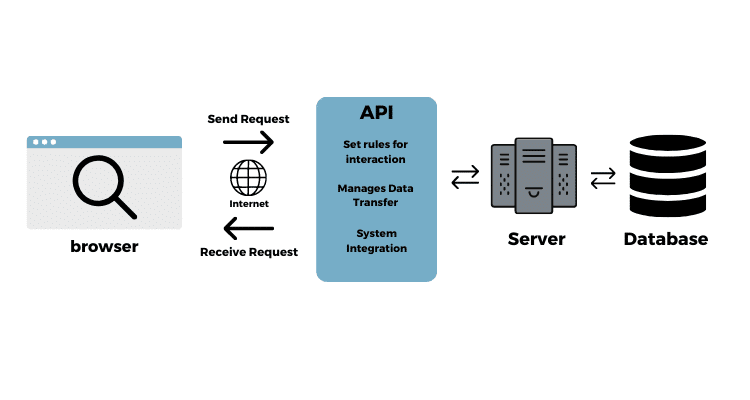When working with Host APIs, whether for system-level tasks or interacting with the operating system, it's crucial to consider various factors to ensure your applications are secure, compatible, and performant. Here are some important considerations:
1. Security→
- Access Control: Ensure that your application follows the principle of least privilege. Only request the permissions and resources necessary for your application's operation.
- Input Validation: Validate all user inputs to prevent security vulnerabilities like buffer overflows, injection attacks, and other forms of malicious data manipulation.
- Error Handling: Implement robust error-handling mechanisms to gracefully handle exceptions and errors returned by Host APIs. Avoid exposing sensitive system information to users.
- Security Updates: Stay informed about security updates and patches for the Host APIs and apply them promptly to protect your application from known vulnerabilities.
- Secure Configuration: Make sure that configurations for your application, especially sensitive information like passwords and access keys, are stored securely and not exposed.
- Privilege Escalation: Be cautious of potential vulnerabilities that could allow privilege escalation. Restrict access to the APIs that control sensitive system functions.
2. Compatibility→
- Platform Awareness: Understand that different operating systems have unique Host APIs. Develop and test your application on the specific platforms you intend to support.
- API Versioning: Be mindful of potential changes to Host APIs in different versions of an operating system. Ensure your application is compatible with the API versions it uses.
- Fallback Mechanisms: Implement fallback mechanisms or alternative code paths for situations where a specific Host API or feature is not available on certain platforms.
- Testing on Various Environments: Test your application on a variety of operating systems, versions, and configurations to identify compatibility issues early.
3. Performance→
- Resource Management: Efficiently manage system resources, such as memory, file handles, and processes. Properly release resources when they are no longer needed to prevent resource leaks.
- Optimized API Calls: Minimize unnecessary or redundant API calls. Combine multiple operations when possible to reduce overhead.
- Caching: Implement caching strategies to reduce the frequency of API calls, especially for operations that involve data retrieval or processing.
- Concurrency and Multithreading: Use threading and parallelism judiciously when working with Host APIs. Ensure that your application handles concurrency and threading issues to avoid race conditions and deadlocks.
- Monitoring and Profiling: Implement performance monitoring and profiling to identify bottlenecks and areas for optimization in your application's interaction with Host APIs.
- Feedback Mechanisms: Leverage feedback mechanisms provided by the APIs to measure performance, detect slowdowns, and take corrective action.
- Resource Usage Monitoring: Keep a close eye on resource usage by your application. High resource consumption can lead to performance degradation or system instability.
In summary, working with Host APIs demands careful consideration of security, compatibility, and performance aspects. By adhering to best practices in these areas, you can develop robust and efficient applications that interact with the host environment smoothly while mitigating security risks and ensuring compatibility across various platforms.




Leave Comment